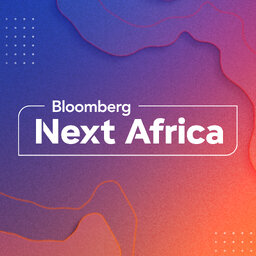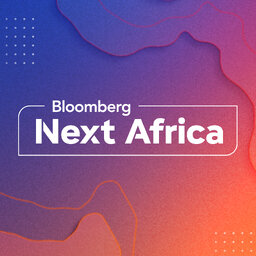How the downfall of Assad threatens Russia’s role in Africa
Next Africa
Each week, Jennifer Zabasajja provides a deep dive into the business stories that shape Africa. Join Jennifer and our Bloomberg reporters as they lift…90 clip(s)
Loading playlist
The swift collapse of Bashar Al-Assad’s regime in Syria threatens a key Russian airbase in the country that Moscow has depended on to project influence throughout Africa. On this week’s episode, Bloomberg’s Simon Marks and Katarina Hoije join Jennifer Zabasajja to explain why these bases are so crucial to operations in Africa - and whether the regimes they are supporting have a plan B, if russia leaves them behind
For more stories from the region, subscribe to the Next Africa newsletter here
In 1 playlist(s)
Next Africa
Each week, Jennifer Zabasajja provides a deep dive into the stories that shape Africa. Join Jennifer…Social links
Follow podcast
Recent clips

How The Death of Chimamanda Adichie’s Son Put Nigerian Healthcare Under Scrutiny
18:22

AFCON 2025 Shows That Sports are Becoming a Big Business in Africa
16:38

From Trump Tarrifs to Gen Z Protests - How 2025 Changed Africa
17:38
 Next Africa
Next Africa